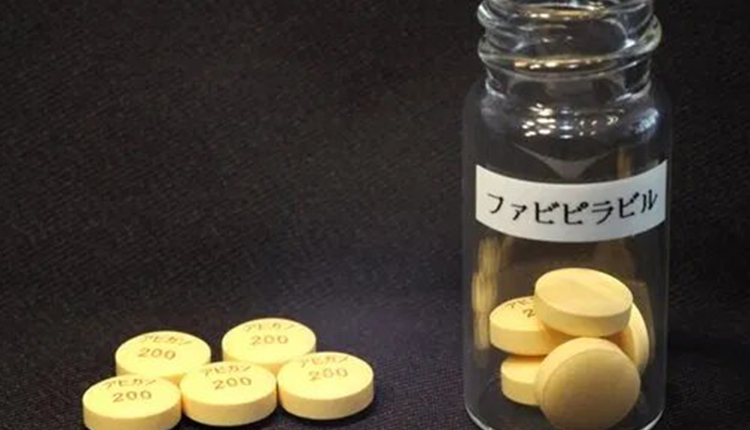Get to Know the Avigan drug, touted as potential treatment for coronavirus
The Japanese antiviral drug Avigan, which is also known as favipiravir, has emerged as a potential drug to treat patients infected with the coronavirus in Japan and China. Italy has decided to approve the use of the drug.
Kenya, and Egypt have ordered Avigan to treat local patients, while in the U.S., clinical trials are being conducted.
It has been developed by Japanese company Fujifilm Toyama Chemical Company, a unit of Fujifilm Holdings, in 2014.
On March 31, Fujifilm announced the start of a third phase of clinical trial of its drug for coronavirus patients in Japan. The studies will be completed on June 25, but the off-label use to treat the virus continues because the drug is already registered and shows no adverse reactions.
According to Japanese and Chinese trials, the drug has been effective as it works by preventing the virus from copying its genetic material. It was discovered in times of searching for drugs to treat a common flu and has strong inhibitory activity on RNA-polymerase RNA, which is dependent on most viruses with RNA genomes.
Among them, influenza viruses have been shown to be sensitive to Avigan, including strains with genetic resistance to neuraminidase inhibitors, according to the Japanese and Chinese trials.
The drug was approved for manufacture and sale in Japan back in 2014, was used to fight influenza by interfering with the virus replication process.
Avigan “selectively inhibits RNA (ribonucleic acid) polymerase necessary for influenza virus replication,” Fujifilm explained in a statement.
“Due to this mechanism of action, it is expected that Avigan may potentially have an antiviral effect on the new coronavirus, because like influenza viruses, coronaviruses are single-stranded RNA viruses that also depend on viral RNA polymerase,” the company said.
Expectant mothers or women who might become or are willing to get pregnant shall not take the drug due to the risk of birth defects, according to Japanese studies.
In China, health authorities have hailed Avigan as a “clearly effective” antiviral drug.
“It has a high degree of safety and is clearly effective in treatment,” said Zhang Xinmin, director of China’s National Centre for Biotechnology Development, in a news conference in early March.
The clinical trial was conducted at hospitals in the Chinese cities of Wuhan and Shenzhen, with 200 patients participating.
These patients tested negative for the virus with a median of four days after becoming positive — much lower than the average of 11 days for those who were not given the medicine, Xinmin told the Guardian.
“The trial also found that X-ray photos confirmed improvements in lung conditions in about 91 percent of the patients who were given the medicine. The number stood at 62 percent for those without the drug.” Xinmin said.
In a study of 240 patients with pneumonia, although not severe cases, this drug was given to half of them while the other half were given Umifenovir (or Arbidol), an antiviral used in Russia.
Those given Avigan saw that symptoms of fever and cough disappeared earlier but a similar number in each group ended up needing oxygen or respirators, concluding that Favipiravir was the “preferred” of the two drugs.
Not yet approved in Europe
Avigan has been granted a licence in Japan, but not in Europe or the United States.
However, the U.S. Food and Drug Administration (FDA) has given the green light on Wednesday for the country’s first clinical trial of Avigan, involving around 50 or 60 patients with the coronavirus.
Later on Thursday, Fujifilm Holdings Corp announced it would start the second phase of clinical trials of its anti-flu drug for coronavirus patients in the United States.
The trial will involve 50 coronavirus patients in collaboration with Brigham and Women’s Hospital, Massachusetts General Hospital, and the University of Massachusetts Medical School, according to the New York Times reported.
Based on the absence of an effective and widely-used vaccine to treat coronavirus anywhere in the world, countries such as Italy have decided to approve the use of the Japanese drug.
In Spain, the Ministry of Health includes the drug in the list of “Other treatments under investigation for which there is no evidence at the moment”.
“Its use is not recommended except in the context of clinical trials,” according to the Spanish ministry’s documentation.


